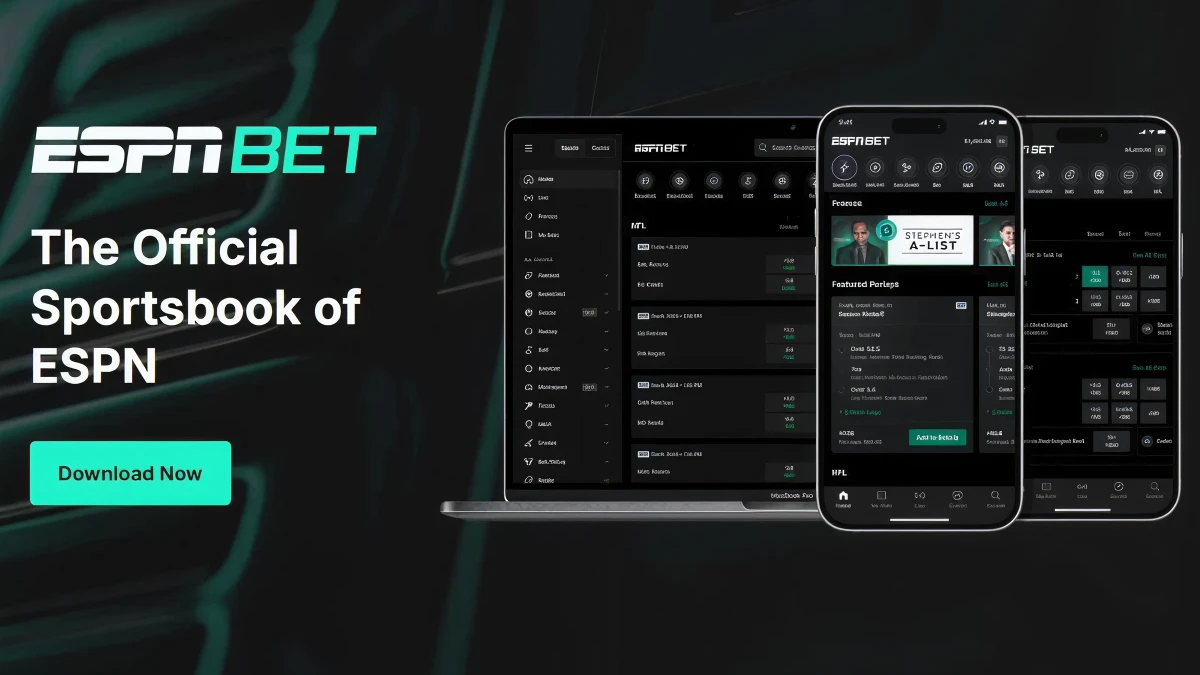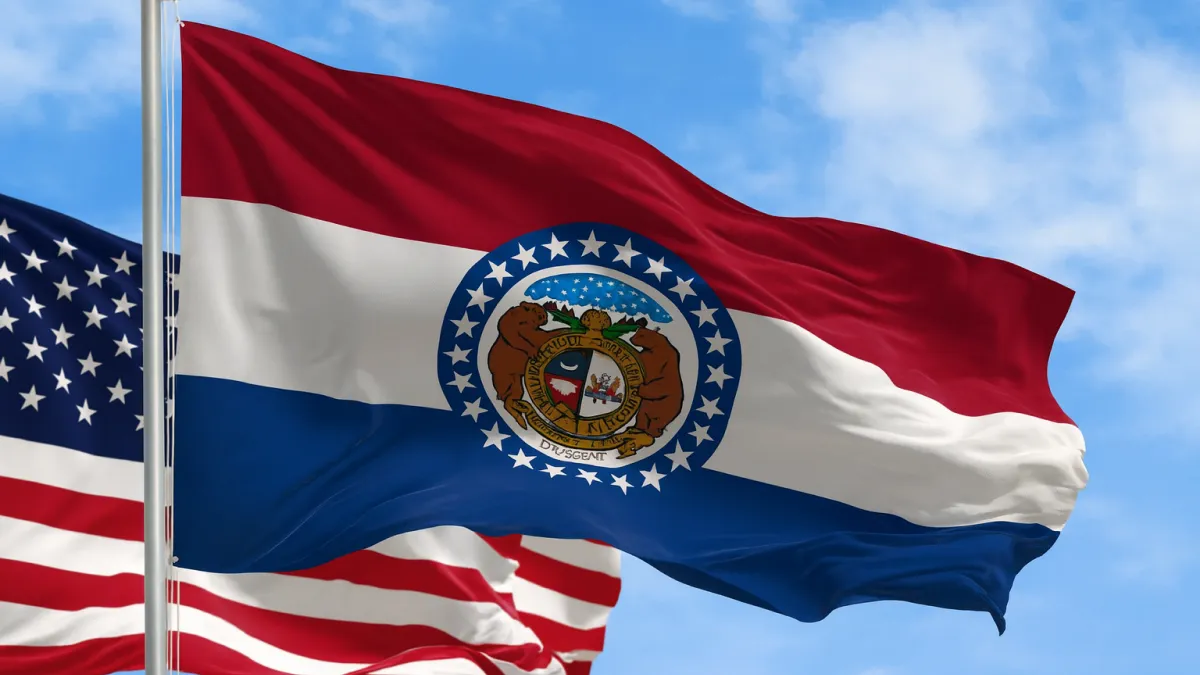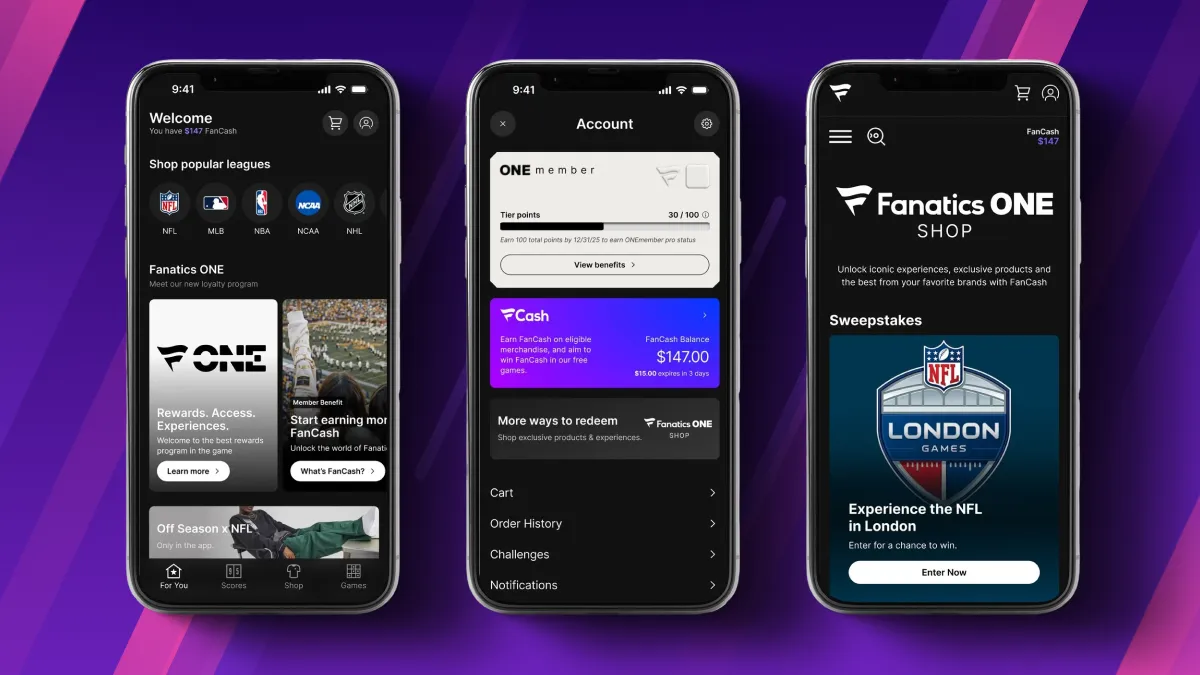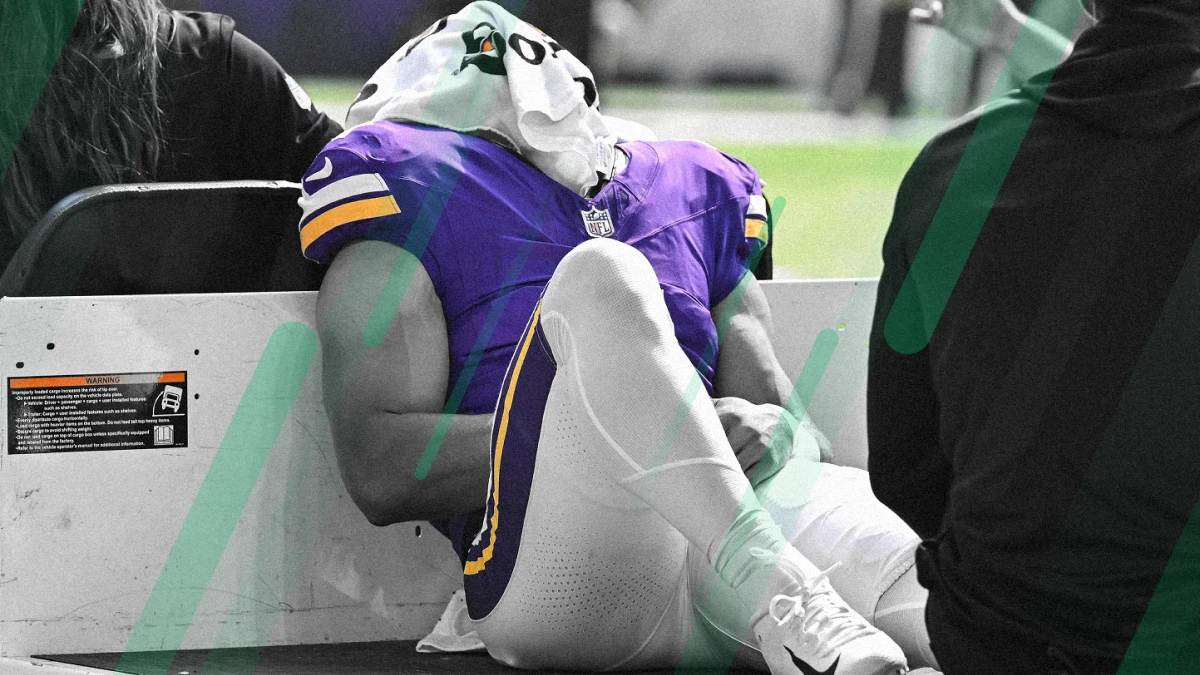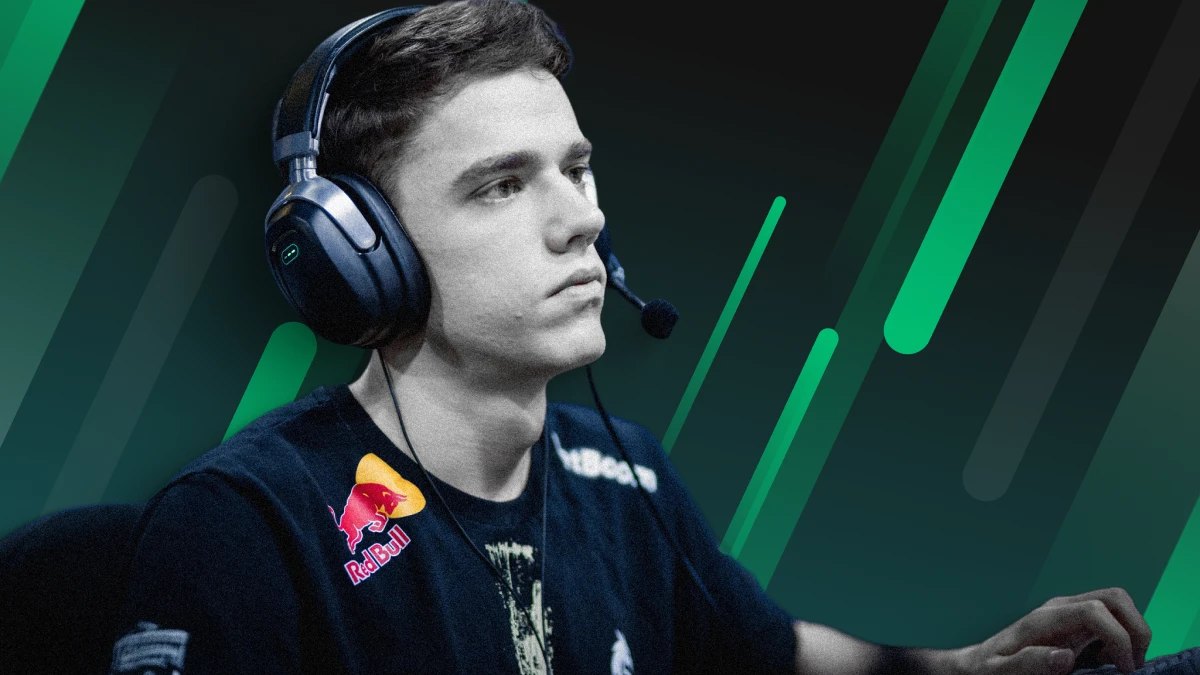California Candidate Bets on His Own Election via Kalshi

1.0
Default
A candidate for the governor of California, Kyle Langford, has bet on himself to win as governor. He placed the wager of $100 on himself to be the next governor of the state and even boosted his odds to nearly 20%. But is it legal? Kalshi weighs in.
In a move that has sparked both intrigue and ethical questions, California Republican gubernatorial candidate Kyle Langford placed a $100 wager on Kalshi - a regulated prediction market - betting that he will become the state’s next governor. Langford posted a video of himself making the bet on Saturday via X, writing: “I just bet $100 that I, Kyle Langford, will be the next Governor of California. Join me (if you believe) @Kalshi.”
Though the amount wagered is modest, the act of betting on one's own political future has drawn attention across political and regulatory circles. Langford’s public call to action also led to a temporary spike in his odds on the Kalshi platform, pushing his probability of winning from virtually zero to nearly 20%. This shift occurred despite limited market activity, with only about $2,500 in total trading volume on the California governor market at the time.
Regulatory gray area: what Kalshi allows
Kalshi, a federally regulated exchange for event-based trading, has a complicated stance when it comes to political candidates participating in their markets. According to Kalshi’s rulebook, the California governor market itself does not carry any explicit “trading prohibitions.” This has led to ambiguity around whether candidates like Langford are technically allowed to wager on their own races.
While Kalshi has introduced broad restrictions on political betting, especially following scrutiny from the Commodity Futures Trading Commission, it stops short of explicitly banning all candidates from trading. One notable restriction, however, does prohibit “paid employees of PACs” from participating in most markets. Langford, notably, served as the president of the California First PAC, and according to his LinkedIn profile, may still hold that position.
A Kalshi email sent to users in October clarified that candidates running for office were expected to abstain from participating in political markets, summarizing the rule with the statement:
“Spoiler alert: if you’re running for office or counting the votes, you’re sitting this one out.”
Despite this guidance, the rules remain somewhat open to interpretation, especially since the California governor market doesn’t appear on Kalshi’s most tightly restricted list of political markets. Langford’s bet, therefore, may not explicitly violate Kalshi’s policies, but it certainly pushes the boundaries of acceptable conduct in the eyes of many observers.
Ethical dilemma: is betting on yourself fair play?
The legality of Langford’s move may be murky, but the ethical implications are clearer to many: candidates wagering on their own races - even in small amounts - undermines public trust. The concern is not just about betting for oneself, but about the broader potential for market manipulation. What’s to stop a candidate from betting against themselves or placing wagers on opponents?
The fact that Langford’s bet influenced his odds on Kalshi further complicates matters. By encouraging others to follow suit, Langford leveraged a relatively low-liquidity market to manufacture the appearance of momentum. In the absence of traditional polling or media coverage, these odds can be misleadingly cited as evidence of viability by a campaign seeking to build credibility.
Though Langford’s action may seem like a stunt, it highlights a structural vulnerability in the intersection between politics and prediction markets.
Kalshi responds to public scrutiny
Following media inquiries and rising concern, Kalshi issued a statement addressing the situation: "We are aware of the recently publicized circumstance regarding a candidate trading on a market regarding their candidacy, and our compliance and surveillance teams are acting accordingly. As required of all CFTC-regulated exchanges, Kalshi investigates and, as appropriate, adjudicates all potential violations of its Rules."
Kalshi added that the outcome of the investigation could become public through an official exchange notice but declined to offer additional details at this time.
Langford’s bet has opened a conversation about the role of prediction markets in modern campaigning. While Kalshi remains under close watch by regulators and the political community, this incident could prompt calls for clearer guidelines - or even legislative action - to ensure that candidates aren’t incentivized to manipulate platforms that are meant to reflect public sentiment, not shape it.








_800x800.webp)



